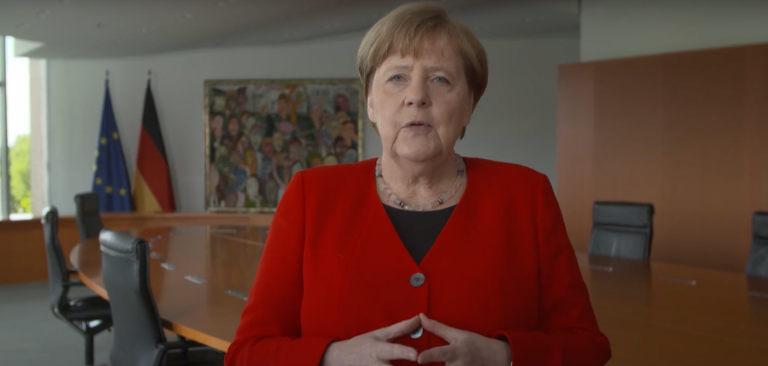Multiple German language outlets are reporting that the country’s federal government has its sights on building a new, “Federal Cloud” infrastructure.
But observers from the free and open source side of the industry are warning that this initiative is not to be confused with another one, also driven by Germany, called the Sovereign Cloud Stack (SCS).
The SCS is supposed to be geared towards ensuring Europe’s digital sovereignty and control over data in the cloud, while the specific project that came out of the initiative was the German-government led Gaia-X. The SCS has the goal of providing entirely open source cloud technology to compete with proprietary cloud solutions.
This would bring with it the usual benefits of using free and open source tech: transparency, interoperability, and as those behind the initiative explain, independence from legal claims of third parties and thus from political interference – i.e., sovereignty.
However, the coveted “sovereignty” in the digital sphere doesn’t seem to be associated with the proposed Federal Cloud, which will not be controlled by German authorities but by none other than Microsoft.
And the giant will receive a multi-billion contract to build this system for Germany, writes Linux consulting, training, and hosting service Heinlein Support.
The company’s blog cites CEO Peer Heinlein as saying that the deal Berlin plans to ink with Microsoft is not a good idea. For one, it will increase the country’s dependence on Microsoft itself, who already rake in over 180 million euros a year from German government contracts alone, and on US tech companies in general, which often makes it difficult to implement European legal rules, including around data protection, and ensure compatibility.
And while this policy continues to be funded and even expanded, as the Federal Cloud project now suggests, it would appear that open source alternatives like Gaia-X are neglected both politically and financially.
“Billions of euros were transferred for licenses, tax money that would be better invested in business development and the development of sustainable, digitally sovereign solutions,” Heinlein writes.
With Germany as the de facto EU leader, and its policies around sensitive cloud technologies now going the way they are going, the dream that many had of building up and sustaining Europe’s digital independence seems to be fading.
If you're tired of censorship and dystopian threats against civil liberties, subscribe to Reclaim The Net.









